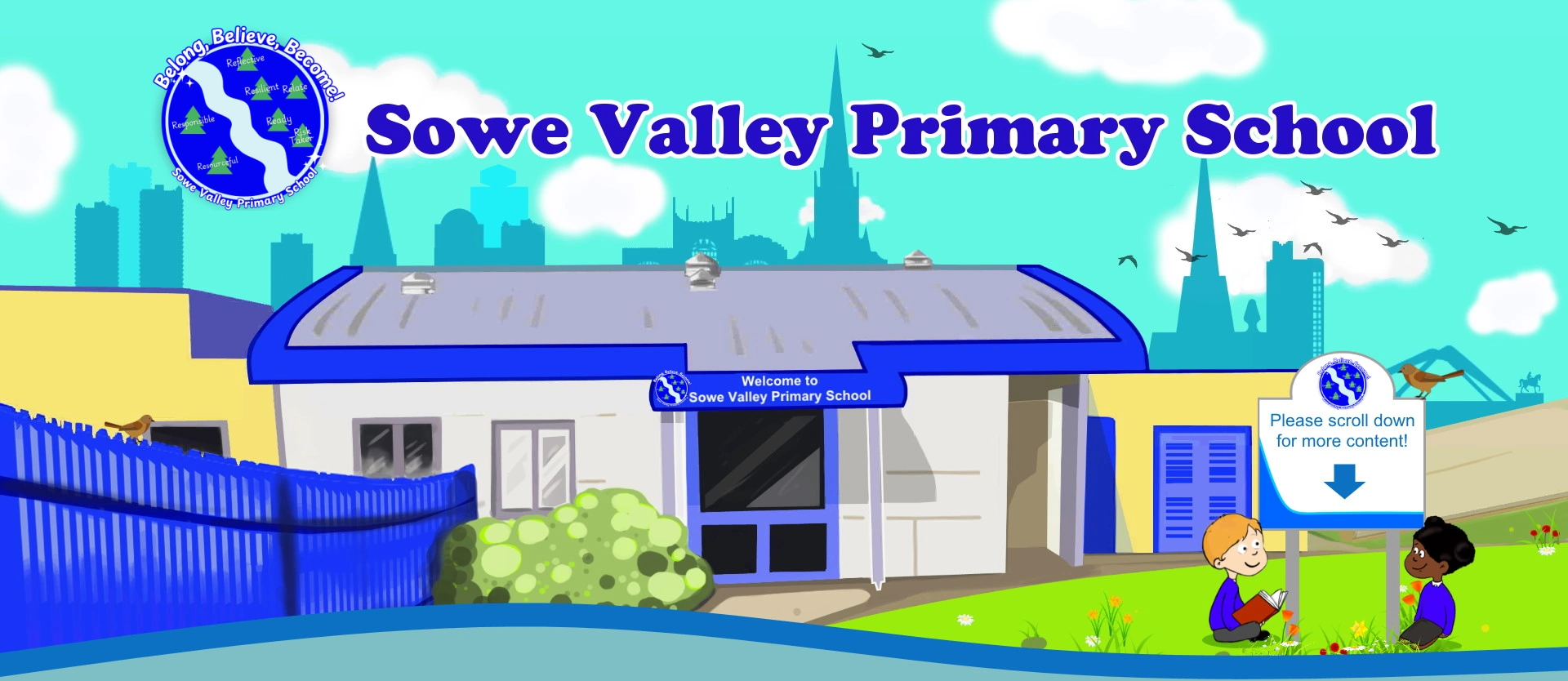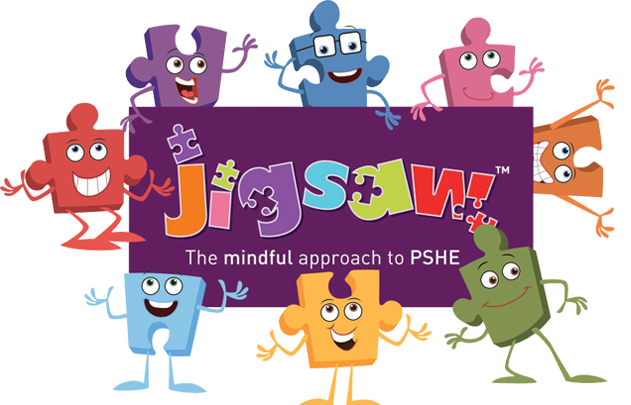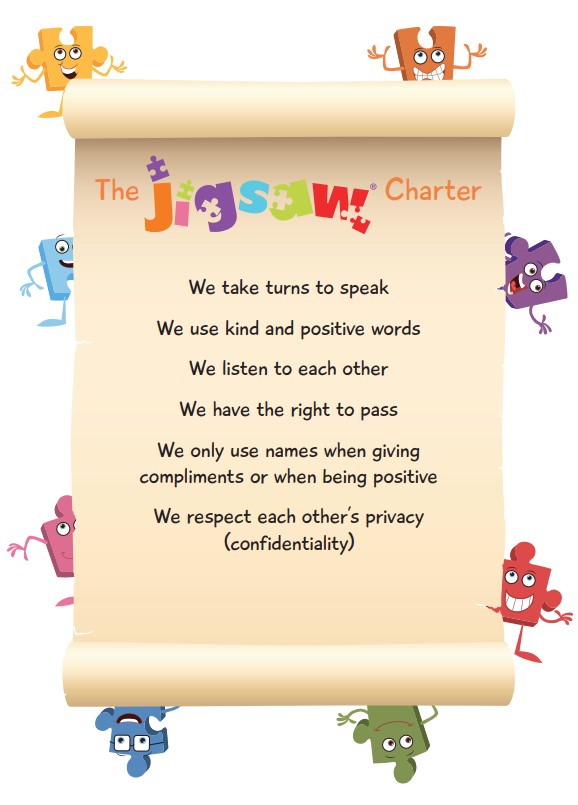
Health Education
PSHE - Health Education
What is PSHE Education?
PSHE Education (Personal, Social, Health and Economic Education) is a planned programme of learning through which children and young people acquire the knowledge, understanding and skills they need to successfully manage their lives – now and in the future. As part of a whole-school approach, PSHE Education develops the qualities and attributes pupils need to thrive as individuals, family members and members of society.
What do schools have to teach in PSHE Education?
According to the National Curriculum, every school needs to have a broad and balanced curriculum that:
• promotes the spiritual, moral, social, cultural, mental and physical development of pupils at the school;
• prepares pupils at the school for the opportunities, responsibilities and experiences of later life;
• promotes British values.
From September 2020, primary schools in England also need to teach Relationships and Health Education as compulsory subjects and the Department for Education strongly recommends this should also include age-appropriate Sex Education.
Schools also have statutory responsibilities to safeguard their pupils (Keeping Children Safe in Education, DfE, 2019) and to uphold the Equality Act (2010).
The Jigsaw Programme supports all.
Jigsaw is designed as a whole school approach, with all year groups working on the same theme (Puzzle) at the same time. This enables each Puzzle to start with an introductory assembly, generating a whole school focus for adults and children alike. Jigsaw aims to help children know and value who they really are and how they relate to other people in this ever-changing world.
There are Puzzles (half-term units of work) each with Pieces (lessons). Every year group studies the same Puzzle at the same time (sequentially ordered from September to July), allowing for whole school themes and the end of Puzzle product, for example, a display or assembly to be shared and celebrated by the whole school. Each year group teaches six lessons per half term and all lessons are delivered in an age- and stage- appropriate way so that they meet children’s needs.
This is Our Jigsaw Charter. We use our Charter in all of our Jigsaw lessons, to ensure that each child has a voice and the right to give their own opinions as well as the chance to listen to others.
The Puzzles and what children learn
Being Me In My World covers a wide range of topics, including a sense of belonging, welcoming others and being part of a school community, a wider community and a global community; it also looks at children’s rights and responsibilities, working and socialising with others, and pupil voice.
Celebrating Difference focuses on similarities and differences and teaches about diversity, such as disability, racism, power, friendships, and conflict; children learn to accept everyone’s right to ‘difference’, and most year groups explore the concept of ‘normal’ and bullying – what it is and what it isn’t.
Dreams and Goals aims to help children think about their hopes and dreams, their goals for success, what personal strengths are, and how to overcome challenges,
via team work skills and tasks.
Healthy Me covers two main areas of health: Emotional health (relaxation, being safe, friendships, mental health skills, body image, relationships with food, managing stress) and Physical health (eating a balanced diet, physical activity, rest and relaxation, keeping clean, drugs and alcohol, being safe, first aid) in order for children to learn that health is a very broad topic.
Relationships has a wide focus, looking at diverse topics such as families, friendships, pets and animals, and love and loss. A vital part of this Puzzle is about safeguarding and keeping children safe; this links to Internet safety and social networking, as well as attraction and assertiveness; children learn how to deal with conflict, their own strengths and self-esteem. They have the chance to explore roles and responsibilities in families, and look at stereotypes.
Changing Me deals with change of many types, from growing from young to old, becoming a teenager, assertiveness, self-respect and safeguarding. Each year group thinks about looking ahead, moving year groups or the transition to a new school. This puzzle links with the Science curriculum when teaching children about life cycles and how our body changes.
Assessment in Jigsaw is both formative and summative. Within the lesson children are also able to identify areas for self-improvement. Teachers track the children’s attainment on ‘Target Tracker’ which informs future planning as well as identifying children who may need more support with emotional literacy or social skills development.



